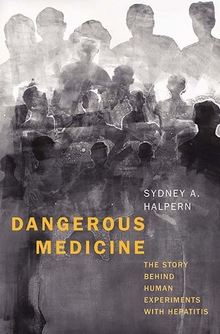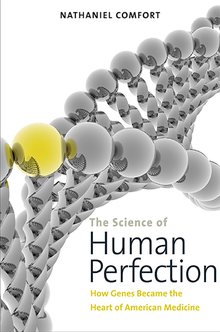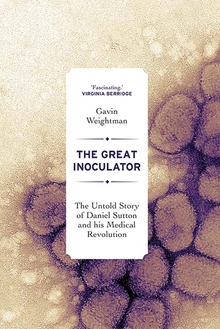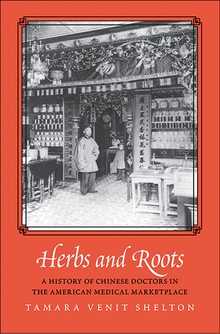Medicine's 10 Greatest Discoveries
WARNING
You are viewing an older version of the Yalebooks website. Please visit out new website with more updated information and a better user experience: https://www.yalebooks.com
Meyer Friedman and Gerald W. Friedland
This absorbing book is the first to describe these and eight other monumental medical discoveries throughout history, bringing to life the scientific pioneers responsible for them and the excitement, frustrations, and jealousies that surrounded the final achievements. Two distinguished physicians, Meyer Friedman and Gerald W. Friedland, have drawn on their many years of experience as well as on that of world-renowned antiquarian book dealers, physician collectors of old and new medical publications, and medical school professors to single out these medical breakthroughs from thousands of candidates, and, in several cases, to provide information never before available. Their engrossing stories of the ten most significant discoveries will be read with enjoyment by anyone fascinated by the mysteries of medicine.
"Primarily directed toward a general readership, [this book also] will certainly appeal to health professionals. A series of self-contained vignettes, which . . . provide a sort of overview of medical progress during the past five centuries. . . . The book contains many delightful anecdotes. . . . [Friedman and Friedland’s] contribution to medical history will be deservedly well received, and undoubtedly stimulate readers to explore other accounts of medical advances, justification enough for it to be enthusiastically recommended."—Everett Rhoades, JAMA
"Their revealing portraits of notable men of science are memorable."—Kirkus Reviews
"This is a highly readable, fascinating, and instructive book about medical discoveries that initiated medical perspectives that propelled medicine to its current advanced status. While there may be some disagreements with the authors about their selections, most medical scholars would agree with most of them. It is highly recommended as a rewarding and pleasurable reading experience to all who have an interest in medicine and to all others who have an interest in the intellectual process of developing new knowledge."—Michael E. DeBakey, M.D.
"This is a wonderful book by these two eminent physician/scientists, in that it does all that you would hope for. First, it educates—clear, accessible writing about the science and the social contexts in which their discoveries occurred. Next, it moves to a surprising extent—these discoveries are central to how we have come to view ourselves, defining our humanness in the context of our biology. Finally, and best of all, it provokes—you find yourself wanting to enter into a fun debate with the authors, matching your own list of ten against theirs."—Robert Sapolsky, Professor of Neuroscience at Stanford
"In Medicine’s 10 Greatest Discoveries, doctors Meyer Friedman and Gerald W. Friedland have transformed what could have been a deadly dull topic into a highly readable and occasionally laugh-out-loud-funny collection of medical biographies. . . . [This is] a book rich with human elements."—Ed Shanahan, Brills Content
“An authoritative, well-documented, and highly readable summary of the discoveries that changed the nature of healing forever.”—Don DeNevi, Palo Alto Daily News
“Clear writing with the mysteries of the human body revealed through research, trial, and error. Excellent resource for advanced biology and physiology classes.”—Gail Richmond, University Press Books for Public and Secondary School Libraries
"In my judgement, this book belongs not just in all medical libraries, but in each and every public library. It is simply a joy to read as the authors provide a fascinating chronological outline of the great events and personalities that have made world medicine what it is today."—Robert J. White, Oncology Times
"Medicine’s 10 Greatest Discoveries is a stimulating work. Well indexed and clearly referenced, it is a good read for all those with an interest in the history of medicine."—Marsh Gelbart, Nursing Times
"In a brisk and lively style, [Friedman and Friedland] describe the background, the discoverers, and the discovery. Their arguments are logical and compelling and their scholarship is commendable. . . . A stimulating and enlightening book."—Vladimir Hachinski, Annals of Internal Medicine
"An excellent account of ten major breakthroughs in the advances of medical science over the centuries; with an original slant on the genesis of the discoveries and where the credits should be given. Whether one agrees with the authors or not that these constitute the ten greatest discoveries, the book is a gripping read."—Aaron Klug, Nobel Laureate in Chemistry 1982
Publication Date: August 11, 2000
15 b/w illus.









